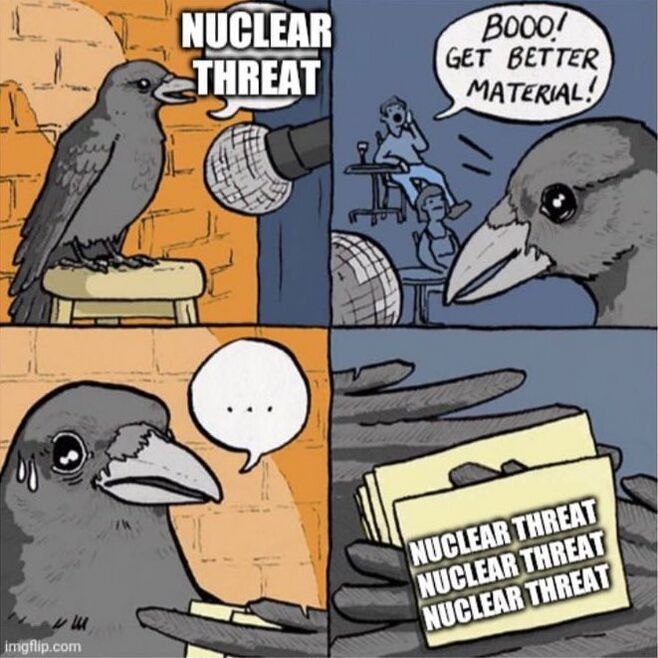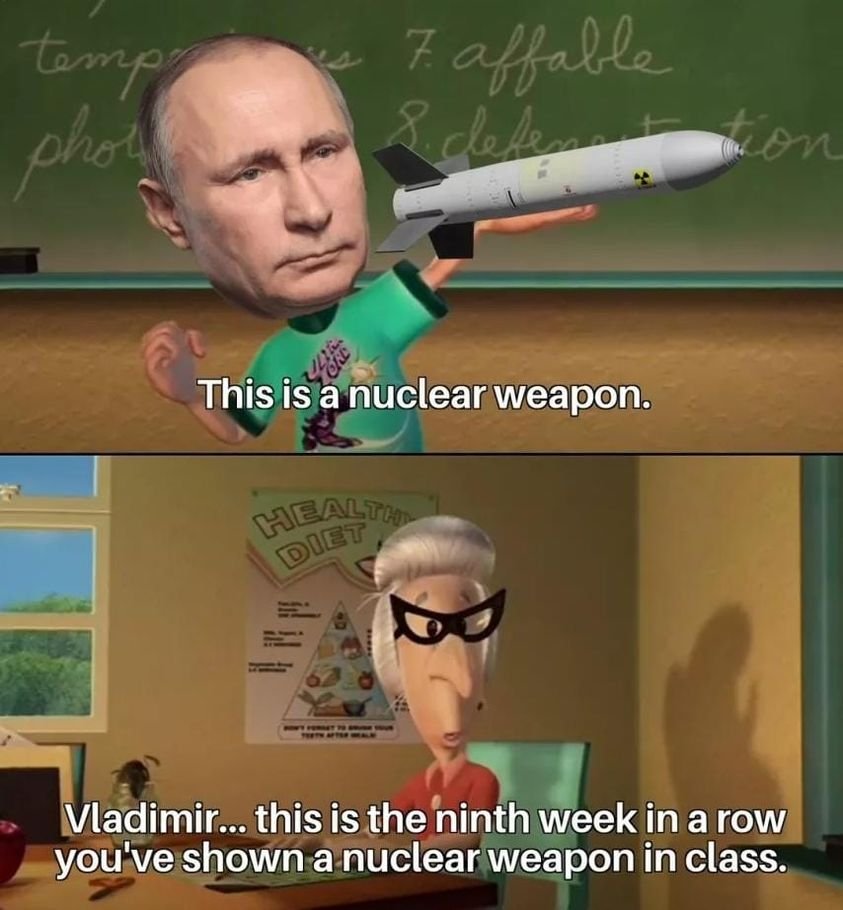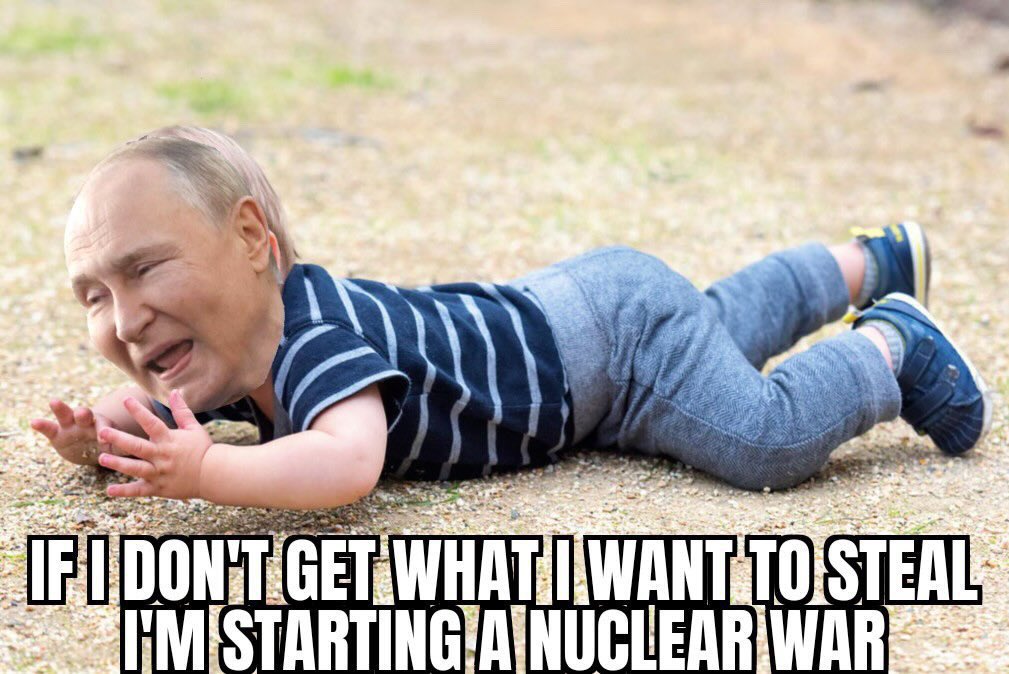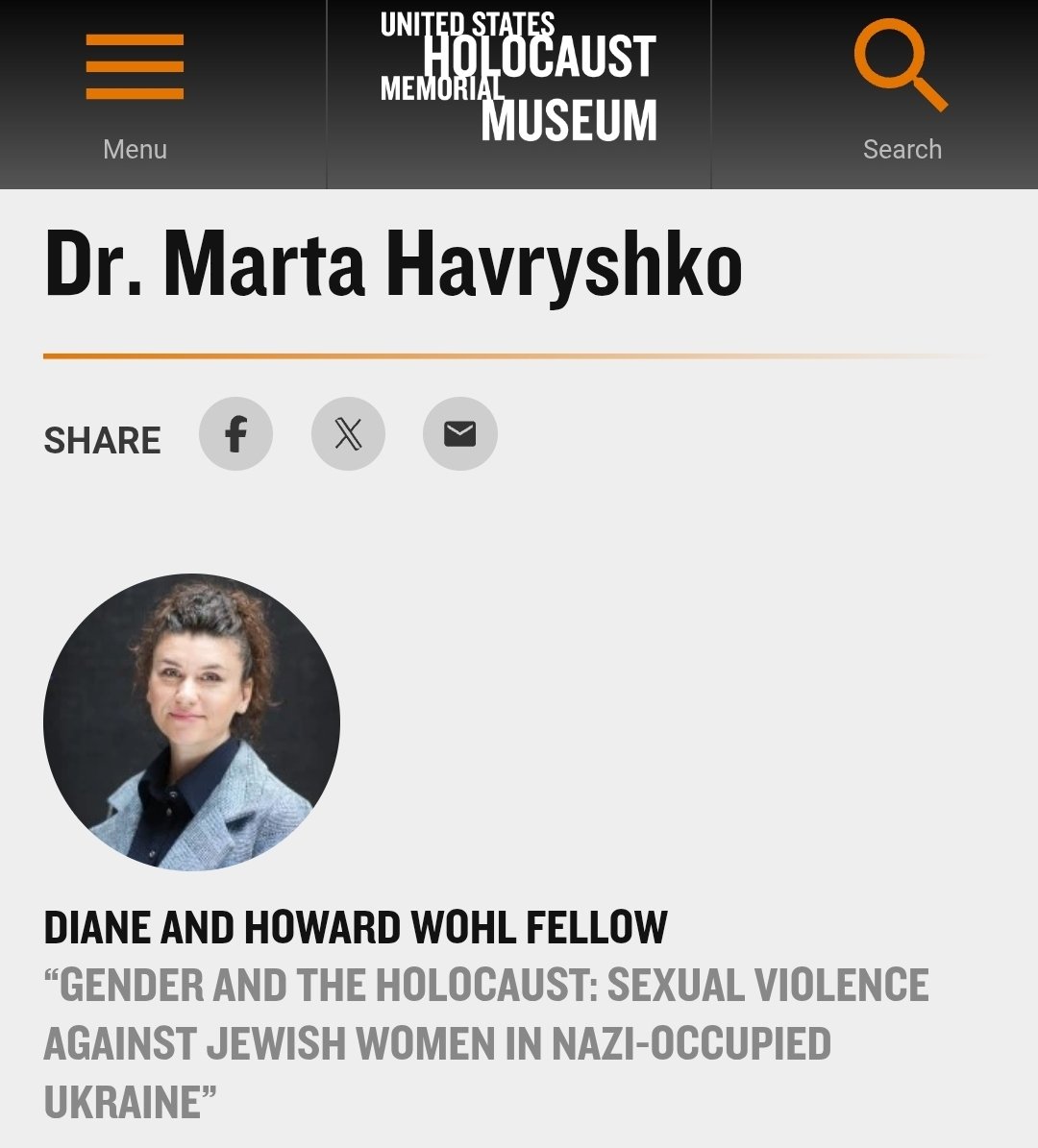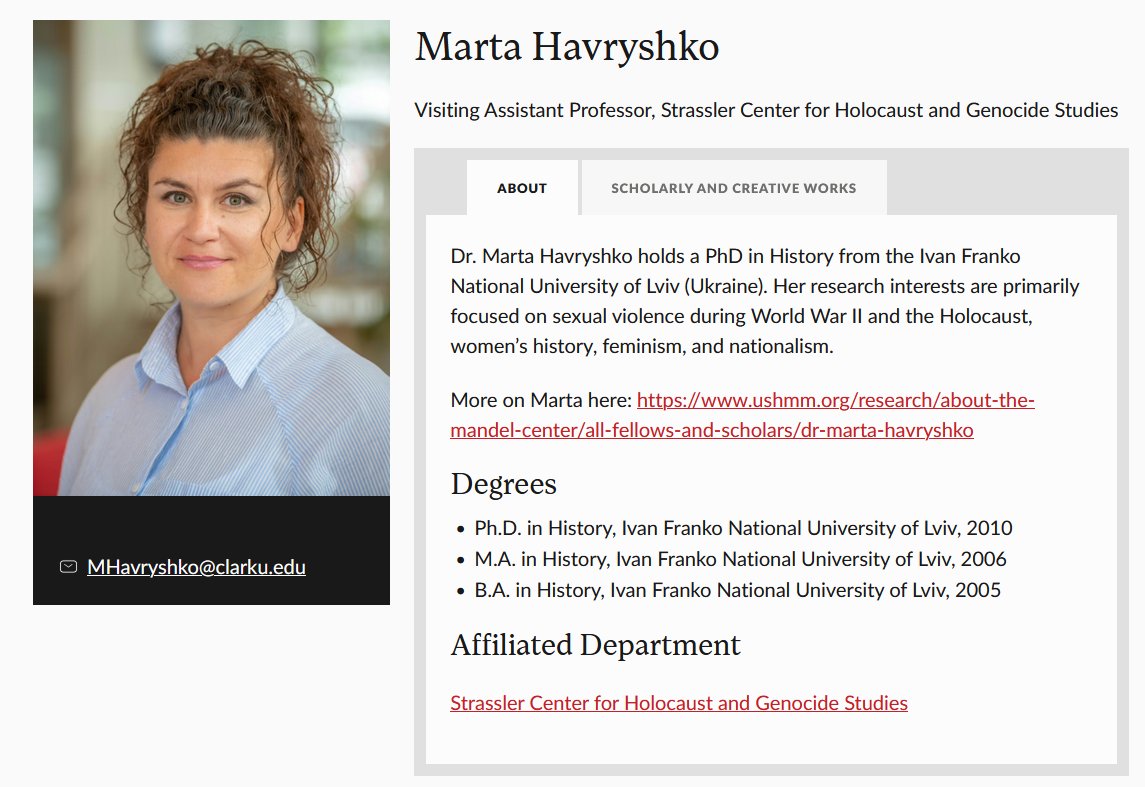In today's #vatnik soup, I'll introduce a man who loves both genocide and corruption: the "Butcher of Syria", Sergey Surovikin.
Surovikin is the current commander of all Russian forces in the war in Ukraine.
1/10
Surovikin is the current commander of all Russian forces in the war in Ukraine.
1/10

Sergey is a military man through and through - he's a spetsnaz and already fought in the Soviet-Afghan War in the 80's. During the Chechen War, he declared that he'd "destroy three Chechen fighters for every Russian soldier killed."
2/10
2/10

He showed his yearning for killing civilians already in '91, when he ordered his battalion to kill three civilian demonstrators during the coup d'état attempt in Moscow. He was of course pardoned by Yeltsin for this crime.
3/10
3/10

In 2004, one Viktor Chibizov accused Surovikin for beating him up. A month later, Chibizov shot himself in front of Surovikin.
In March, 2017 he got his first big boy job as he was introduced as the Commander of the Russian armed forces in Syria.
4/10
In March, 2017 he got his first big boy job as he was introduced as the Commander of the Russian armed forces in Syria.
4/10

Surovikin managed to turn the tide of the war for the dictator al-Assad by killing civilians ruthlessly. Human Right Watch reported that Sergey's actions in Idlib "showed callous disregard for the lives of the roughly 3 million civilians in the area".
5/10
5/10

According to White Helmets, an NGO helping civilians in war-ridden Syria, Russia used a barbaric strategy in Idlib and other areas: while bombing civilian targets, Surovikin's forces applied so called "double-tap strikes": After hitting civilian targets once, they did ...
6/10
6/10

...another round to kill the fleeing civilians and the humanitarian workers, such as the White Helmets, helping them.
He also bombed Aleppo to ruins, following the Russian tradition of destroying everything. For these heroic deeds, he gained the nickname, "Butcher of Syria".
7/10
He also bombed Aleppo to ruins, following the Russian tradition of destroying everything. For these heroic deeds, he gained the nickname, "Butcher of Syria".
7/10

Massacring civilians is hard work, and Sergey needs some kind of payment for this. Maria Pevchikh's team exposed Surovikin's shady phosphate businesses in Syria for which he got 1.4 million USD:
8/10
https://twitter.com/pevchikh/status/1590740802116145154
8/10
In October, 2022 it was announced that Surovikin has been promoted as the commander of the Russian forces in Ukraine. After this, the attacks on civilian targets and infrastructure has ramped up drastically - it has actually become a Russian war tactic again.
9/10
9/10

Several Kremlin sources have stated that he is in
favor of these genocidal atrocities: meduza.io/en/feature/202…
EU has sanctioned Sergey in Feb, 2022.
Read my related soup on Timchenko:
10/10
favor of these genocidal atrocities: meduza.io/en/feature/202…
EU has sanctioned Sergey in Feb, 2022.
Read my related soup on Timchenko:
https://twitter.com/P_Kallioniemi/status/1593495543535337481
10/10
• • •
Missing some Tweet in this thread? You can try to
force a refresh
























